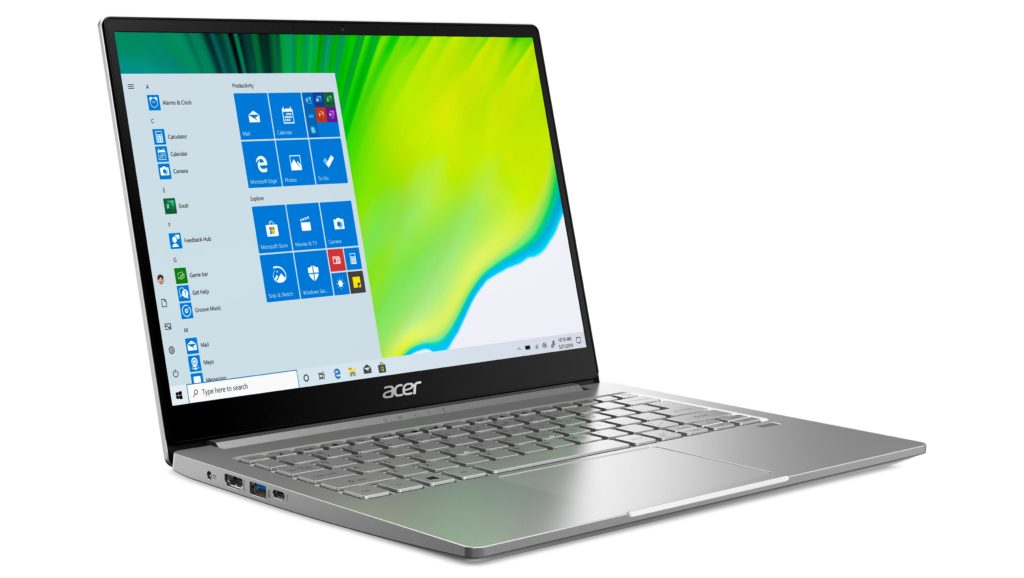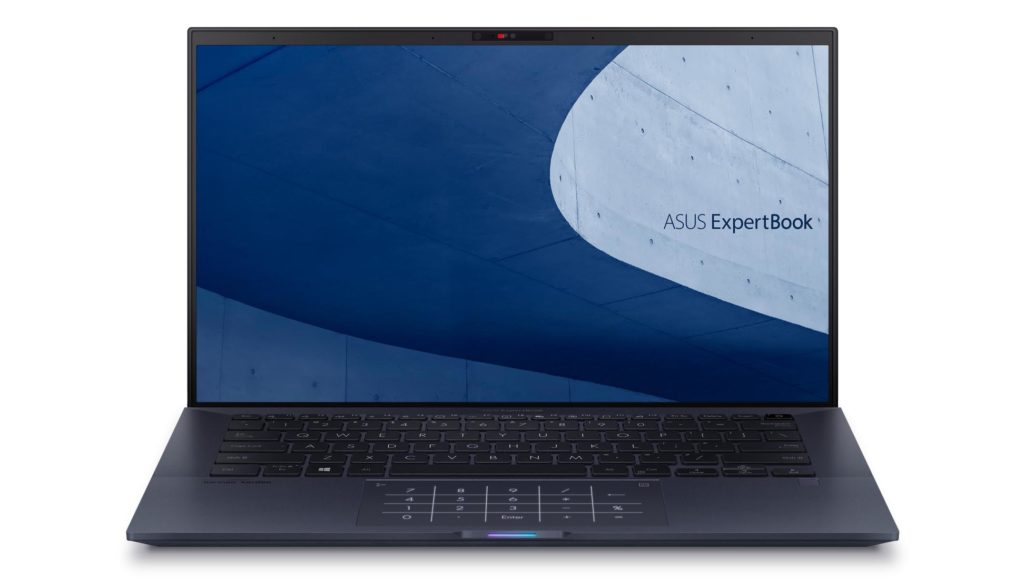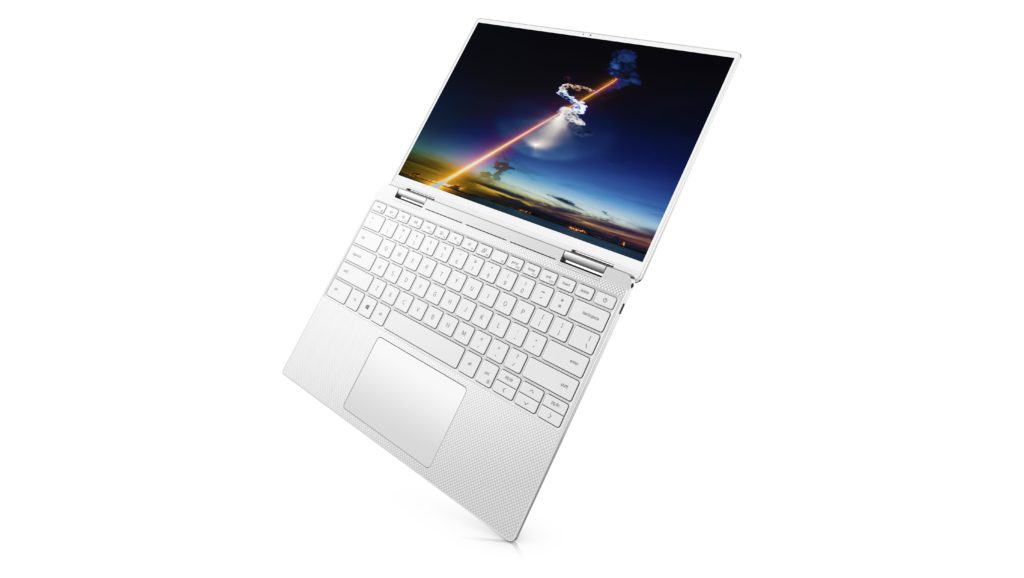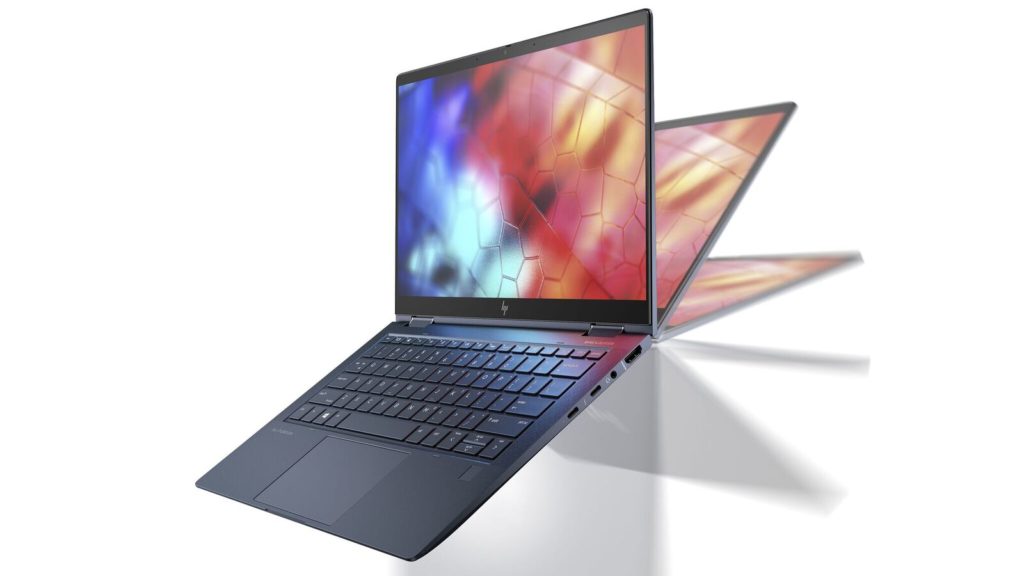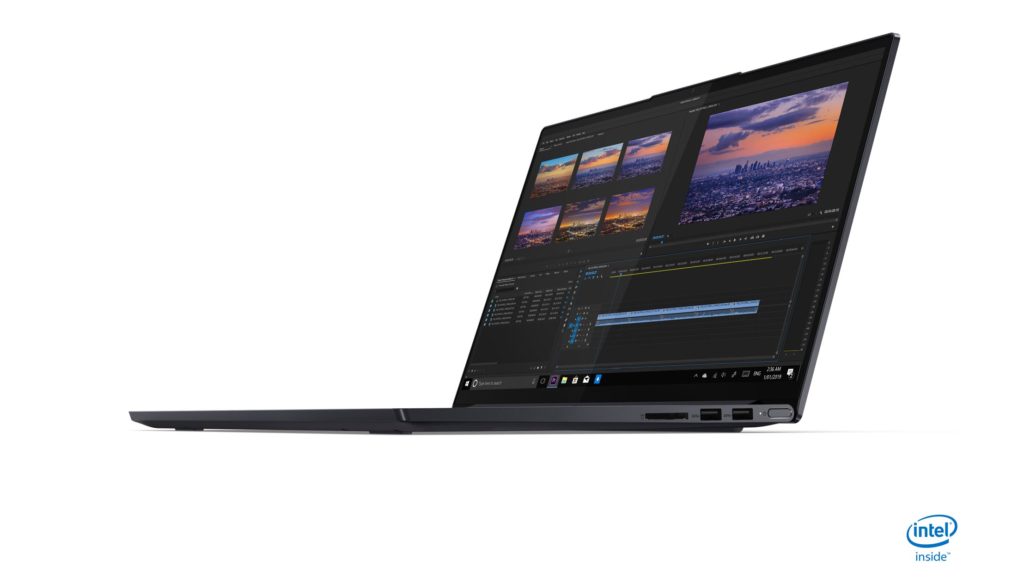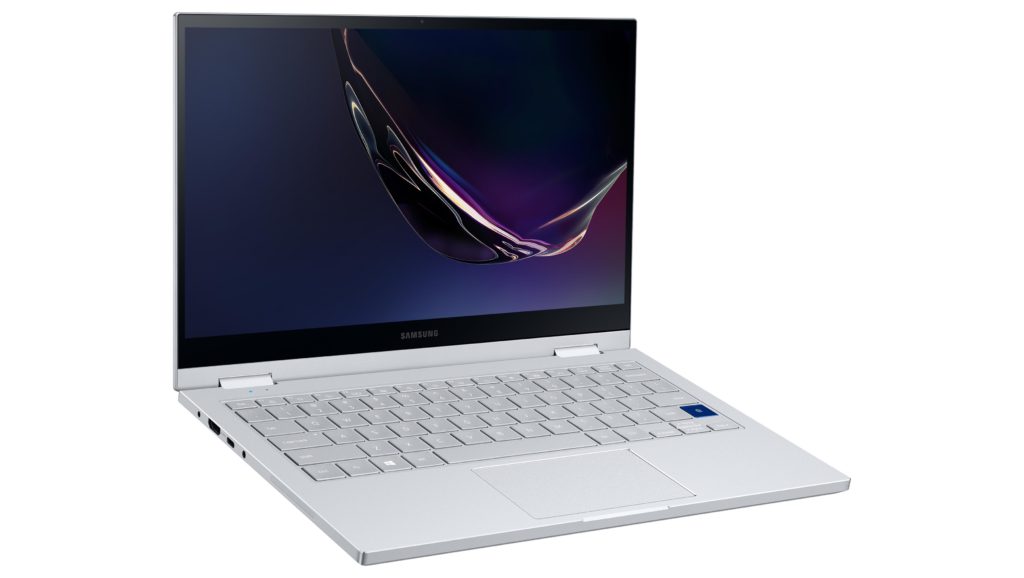Celebrating a new decade of Windows devices and innovation at CES 2020
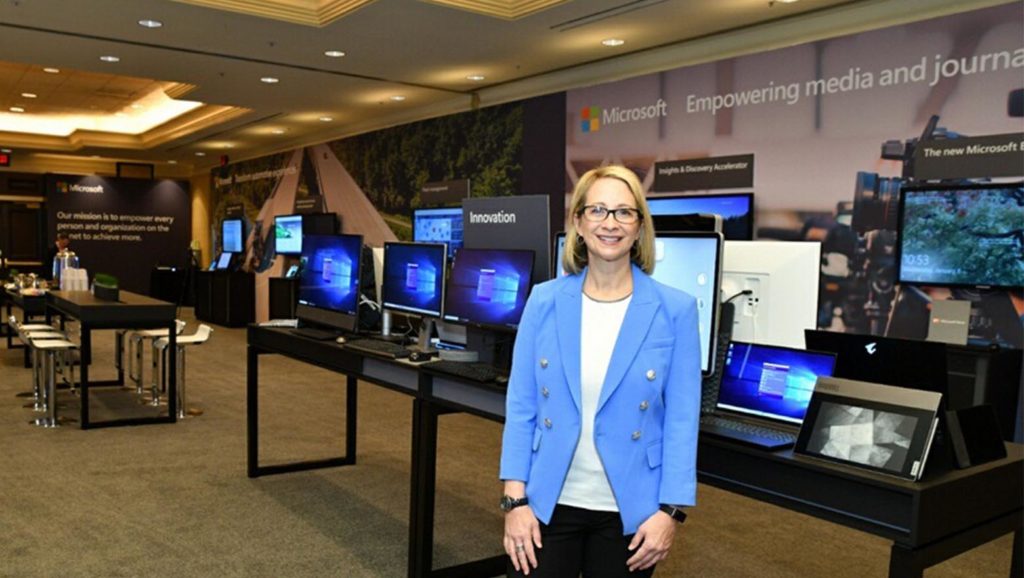
Intelligent Edge devices and solutions were on full display at the Microsoft CES 2020 Showcase this week. New PCs, connected storefront and IOT solutions demonstrated the power of Microsoft’s unique and growing relationship with its partners around the world.
Working with this vibrant partner ecosystem has long been a priority for Microsoft and it is a key differentiator that’s helped make Windows 10 and Azure successful. Taking a collective, collaborative approach enables the top minds in our industry to work together, accelerate innovation, and ensure we bring great devices and experiences to market for our customers. Together with our partners, we are driving technology forward.
During the first CES of a new decade, we’ve been doing our own 10-year challenge this week, looking back at where we were in 2010 in contrast with how dramatically things have changed since then. Every year along the way has brought exciting innovation across the intelligent edge and computing as a whole, and it’s at these milestones where we can see the dramatic shifts in the tech landscape.
As we close out another great year at CES, let’s look at where we’ve been, how far we’ve come and where we’re headed.
A decade of disruptive change
In 2010, Intel launched its Core i7 line — the first six core desktop CPU. Blackberry owned double the market share of the iPhone and triple that of smartphones running other operating systems. The iPad and Instagram launched. Office 2010 was introduced and surpassed Microsoft’s previous records for adoption, deployment and revenue.
Ten years later, we can see how some of those innovations moved entire markets. Some of them played their role then passed the baton to other creations. And new, disruptive technology trends have emerged, affecting the entire technology industry.
Today we are in an age of services, cloud computing, AI and machine learning. Next-generation Windows PCs and entirely new product categories are being built to incorporate cloud and AI services, support new experiences like virtual and augmented reality, and address our insatiable demand for new ways to work with data.
With these emerging technologies and trends, we are creating new possibilities for the modern PC that weren’t on the radar in 2010. Yet in today’s PCs we still see parallels with the innovation from a decade earlier—in 2020 as in 2010, the whole ecosystem remains focused on delivering new customer scenarios. And as we move into a more connected, intelligent era of computing, PCs today can do what PCs simply could not do a decade ago.
Partner innovations at CES
The impact of the past decade’s innovations is showing up in many ways across a spectrum of devices. Features like Windows Hello, Windows Ink and Cortana all require specific hardware to work well, and this week, our partners have demonstrated innovations that complement our software, like fingerprint readers on the power button and cameras with security features, among many other advancements large and small.
Along with the evolution of devices have come changes in the expectations of both consumers and commercial customers. People want attractive, high-quality devices with no tradeoffs between cost and quality. At CES this week, we’ve seen how our partners continue to offer attractive, no-compromise devices packed with premium features to customers at all price points.
The Windows ecosystem is growing every year, and CES 2020 showcased some of the most innovative devices we’ve seen—from incredibly thin and light laptops, convertibles and 2-in-1s, to powerful gaming rigs, always-connected devices and more. Some of the devices at the show included:
- The Acer Swift 3, which supports fast-charging, enabling up to four hours of use with a 30-minute charge.
- The ASUS ExpertBook B9, which offers a frameless four-sided NanoEdge display meaning the 14-inch panel fits into a standard 13-inch laptop chassis with a 94% screen-to-body ratio.
- The latest version of the popular XPS 13 from Dell, which has reduced its InfinityEdge borders and has a 6.8% larger 16:10 display that spans from all four edges and is 25% brighter than before.
- The HP Elite Dragonfly, the first world’s laptop with built-in Tile technology, which allows users to easily find a lost notebook, and is made with ocean bound plastic material with more than 82% of the mechanical parts made from recycled materials.
- The Lenovo Yoga Slim 7 with the exclusive Lenovo Q-Control Intelligent Cooling feature that uses AI to optimize battery life by an average of up to 20%.
- The Samsung Galaxy Book Flex α, which offers a long-lasting battery, an immersive QLED display capable of producing over 1 billion colors and featuring an ultra-thin bezel, and up to 17.5-hours battery life.
The power of these products shows how Microsoft’s vibrant ecosystem continues to enable the top minds in our industry to work together, accelerate innovation and bring great experiences to market.
Looking ahead
In the next 10 years, we expect this pace of innovation will only accelerate. The 5G networks coming online will process extremely high volumes of data at much faster speeds, driving new streaming experiences and even more services across a range of devices. Graphics will get even better as HDR displays continue to improve and 8K becomes ubiquitous. New types of devices are sure to appear, with dual screen and foldable PCs already on the horizon for 2020.
Customer expectations and demand for the most modern devices will keep rising, and the ways we use PCs will keep evolving as we expand our cloud computing capabilities and our understanding of AI and machine learning.
As we work through this new decade, Microsoft will continue to innovate with our partners to meet these demands, so everyone can achieve more. From 5G to the power of the intelligent edge, I’m excited to see what our partners will bring to market in the new “roaring twenties.”

